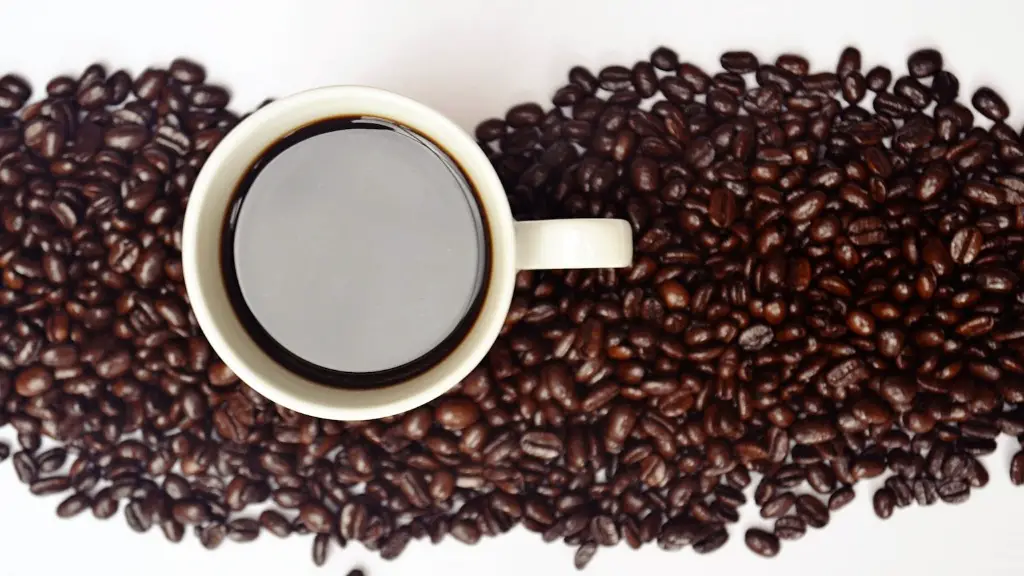Can Bariatric Patients Drink Coffee?
Although coffee is widely consumed, with over 80% of adults in the United States drinking it, little is known about its long-term effects on bariatric surgery patients. Bariatric surgery is a type of surgery intended to assist in weight loss, and it includes a wide range of procedures, such as gastric sleeve surgery, gastric bypass surgery and gastric banding. Coffee is often thought of as a beverage of energy, vigor and concentration, and people rely on it for a healthy lifestyle. But can bariatric patients really enjoy their cup of Joe?
Julie R, a Nutritionist at the Concord Weight Loss Center, explains that coffee is still safe for bariatric patients and that it can be beneficial for them to drink.
“Coffee is generally safe for bariatric patients, as long as it is consumed in moderation,” she says. “Coffee can be beneficial because of its high content of vitamins, minerals and polyphenols, which can help patients maintain healthy blood sugar levels and reduce inflammation.” According to Julie, coffee can also provide an energy boost, making it easier for patients to stay active and exercise.
Patients should be aware, however, that too much coffee can increase the risk of dehydration and electrolyte imbalances, which can cause headaches and dizziness. Furthermore, Julie points out that patients should avoid drinking coffee with added refined sugar, cream and sweeteners, as these can add unnecessary calories and further increase the risk of weight gain. Patients should also limit their coffee intake to one to two cups per day, as consuming more than this can lead to a greater risk of adverse side effects.
Light or Dark Roast?
Another important consideration is what roast of coffee is best for bariatric patients. Most bariatric surgeons recommend patients to drink dark roast coffee, which generally has fewer calories and is less acidic than light roast coffee. Additionally, dark roast coffee contains higher levels of antioxidants and polyphenols which, as mentioned previously, can be beneficial for bariatric patients. On the other hand, light roast coffee is still an acceptable option, as it contains significantly less caffeine and acidity.
Bariatric patients should also avoid coffee beverages from coffee shops. These are typically loaded with sugar and other additives, which can disrupt blood sugar levels and cause weight gain. If patients do want a special treat, Julie recommends ordering unsweetened black coffee, which is lower in calories than other flavored beverages.
Coffee Alternatives
Patients should also be aware that there are many coffee alternatives that can provide the same energy boost without the risks associated with regular coffee. One popular option is decaffeinated coffee, which contains almost no caffeine and can provide a boost of vitamins and minerals. Furthermore, Julie suggests that patients switch to herbal teas such as green tea or green oolong tea, which have plenty of antioxidants and can provide an energy boost without the risk of dehydration and electrolyte imbalances.
Caffeine Intake After Surgery
When it comes to bariatric surgery, patients should be aware that their caffeine intake should be monitored closely, as they are at an increased risk of experiencing adverse effects from caffeine due to the changes in their digestive system. Julie suggests that bariatric patients should limit their caffeine intake to one cup of coffee per day. Additionally, patients should pay extra attention to how their body reacts to caffeine, as some may be more sensitive to its effects than others.
Tracking Caffeine Intake
Since bariatric patients should limit their caffeine intake, tracking their caffeine consumption is essential. Julie suggests that bariatric patients keep a daily record of their caffeine consumption and pay attention to how they are affected by it. Patients should also be aware that some medications may interact with caffeine, which can increase the risk of adverse effects.
Difference Between Hot and Cold Drinks
It is also important to be aware of the difference between hot and cold drinks when it comes to caffeine consumption. Cold drinks are generally lower in caffeine than hot drinks, as the heat helps to extract more caffeine from the coffee beans. Furthermore, drinking cold drinks can help to reduce the risk of dehydration and electrolyte imbalances, which can be dangerous for bariatric patients. However, hot drinks may be preferred as they can help to warm the body and increase circulation.
Conclusion
In conclusion, coffee is generally safe for bariatric patients and can provide benefits such as improved energy levels, reduced inflammation, and better blood sugar control. Patients should, however, be aware that too much coffee can increase the risk of dehydration and electrolyte imbalances. Additionally, patients should track their caffeine intake and limit it to one cup per day, while avoiding coffee beverages from coffee shops and opting for unsweetened black coffee. Alternatives, such as decaffeinated coffee or herbal tea, can also provide an energy boost without the risks associated with regular coffee.



